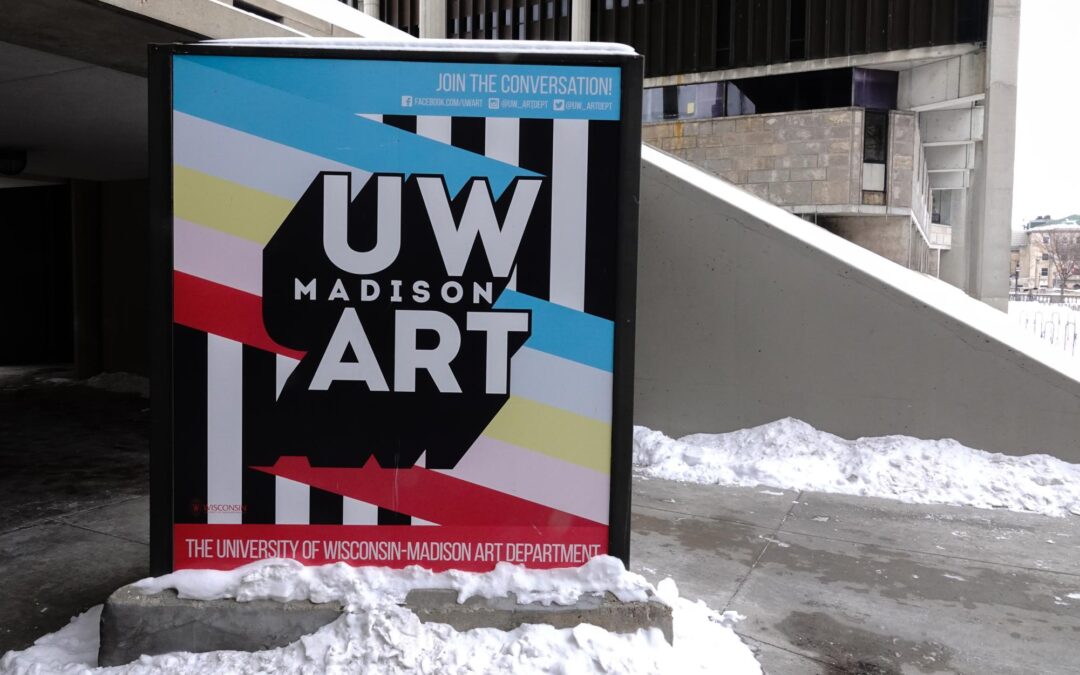For years, the University of Wisconsin’s Department of Mechanical Engineering foundry has served as a learning environment for students eager to gain hands-on manufacturing skills. But, the early months of 2024 saw the foundry’s permanent closure so the space could be used as a research lab.
A new partnership between the art and engineering department served to create a substitute so students could continue gaining practical skills as part of their engineering courses. The two departments’ combined efforts led to a variety of engineering courses which share the art foundry.
UW currently has three courses that use the foundry — ME 311, ME 601 and Art 414.
ME 311 Manufacturing: Metals and Automation, a course required for mechanical engineering undergraduates, teaches a range of processes for manufacturing metal parts. The course is taught every semester and allows for one week during the semester to use the art foundry all day and gain practical experience in metal casting.
ME 601 is an advanced metal casting course is a similar higher-level course which delves into the intricacies of different casting processes. Students learn more casting techniques, common defects seen in projects and how to create better designs in order to avoid those defects. They make use of the foundry every week to receive hands-on experience.
UW’s Art 414: Art Foundry, taught in the spring semester, is another example of a foundry course. The activities in this course bear some resemblance to those in the ME courses, but remain more detail-oriented and creative. The art students take on numerous projects using bronze and other metals, spending up to five hours of lab time every week, not including extra time spent on projects.
UW professor of mechanical engineering Frank Pfefferkorn expressed his excitement for the partnership and his gratefulness to work alongside the art department with the foundry.
He expressed the unique opportunity UW presents to its students by having a metal casting facility.
“The metal casting industry needs engineers among other people, and Wisconsin has one of the highest density of foundries for metal casting in the United States, at least per capita,” Pfefferkorn said.

